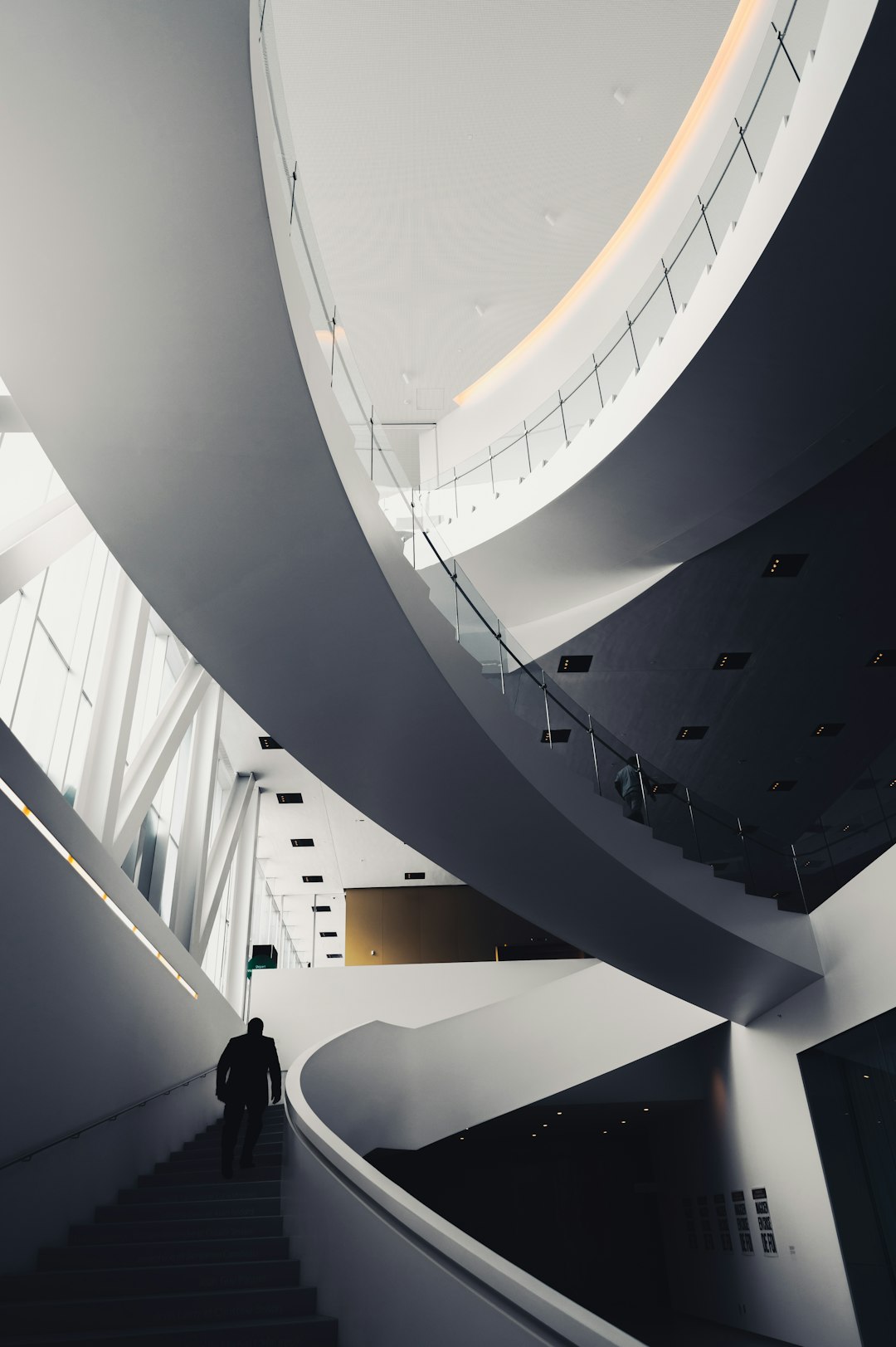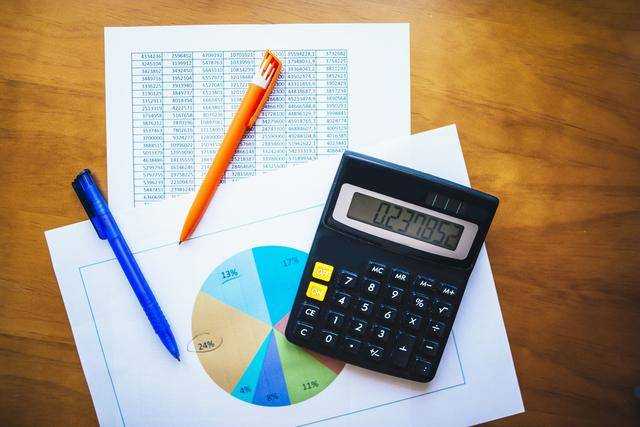Okinawa Marines adhere to coronavirus mitigation measures in this photo posted to the Marine Corps Installations Pacific Facebook page on July 30, 2020. (Karis Mattingly/US Marine Corps)
Stars and Stripes is making stories about the coronavirus pandemic available for free. See other free reports here. Sign up for our daily coronavirus newsletter here. Thank you for supporting our journalism with a subscription.
TOKYO — The commander of U.S. Army troops stationed near Tokyo said Monday they and their families should expect to live with coronavirus restrictions until at least next spring.
On the same day in Okinawa, a Marine colonel at Camp Hansen said he understood the fear expressed by a spokesperson of Japanese employees there because some Marines were ignoring basic rules, such as wearing masks.
Grassroots workers are scared and “see no light at the end of the tunnel,” the anonymous spokesperson said during a live-streamed town hall.
A second wave of the virus is sweeping through Japan, particularly in urban areas, and US military commanders in the country are again stressing public health orders and advising their people to prepare for the long term.
An Okinawa public health spokeswoman said the prefecture reported 37 new cases on Monday. The prefecture announced 122 new cases over the weekend.
Tokyo reported 258 new infections on Monday, according to public broadcaster NHK, down for a second consecutive day from the all-time high of 472 cases on Saturday.
“Well, conditions have now changed drastically over the past few weeks,” Maj. Gen. Viet X. Luong, commander of the U.S. Army in Japan, said during a virtual town hall Monday on Facebook Live. “We are now at medium risk and trending up.”
Luong on Thursday raised the sanitary protection conditions for troops around Tokyo to a level that reflects a substantial risk of infection. The reasons, he said, are individuals not adhering to coronavirus measures and the rising number of cases in nearby Tokyo, which is off-limits to all US service members and their families.
Japan has recorded more than 39,000 cases of coronavirus, of which just over 12,000 are still active, Colonel Michael Peacock, command surgeon for the United States Army in Japan, said during the town hall.
“Japan averages more than 1,200 new cases a day,” he said.
Treatment for the coronavirus has improved and the odds of dying from it are down, but the best estimate for a vaccine is December, said Col. Marshall Mendenhall, deputy commander of US Army Medical Department activity. in Japan.
US facilities across Japan reported just a handful of new cases on Monday. The U.S. military in Japan reported that six civilian workers stationed in western Japan tested positive on Sunday after “extensive contact tracing and medical screening.”
At Naval Base Yokosuka, home to the 7th Fleet south of Tokyo, two people have tested positive for the virus, base spokesman Randall Baucom said. Nearby, Naval Air Facility Atsugi spokesman Sam Samuelson said one person tested positive at a Japanese airport over the weekend.
In Okinawa, the Marine Corps reported a new case of coronavirus at Marine Corps Air Station Futenma, one of two bases where clusters of the virus broke out after the July 4 weekend. The other was Camp Hansen. The outbreaks have accounted for more than 200 infections, the bulk of US military coronavirus cases in Japan.
Camp Hansen’s Commanding Officer Col. Ray Gerber at a livestreamed town hall Monday told the Japanese workers’ representative that he shared concerns that the Marines are disregarding public health measures like wearing masks and social distancing.
He added: “I would like to point out that there is training going on and that on an individual level we need to continue to hold people accountable whenever we have the opportunity.”
So far, five Japanese base workers have tested positive, two from Kadena Air Base, two from Camp Foster and one from MCAS Futenma.
Gerber said that once the two July outbreaks were identified, the Marines isolated “well over 1,600 Marines” and successfully limited the spread of the virus.
“Once we have an idea of the units associated with that, those remain locked,” he said. “A lot of them are actually still in isolated status right now.”
Okinawa is isolating anyone infected with the virus in designated hospitals or hotels. According to the prefecture’s website, 195 people were waiting for a room or a hospital bed on Sunday noon.
However, the prefecture has an adequate supply of intensive care beds and only three coronavirus patients in critical condition, according to the website.
Governor Denny Tamaki declared a state of emergency on the island on Friday. He asked Okinawans to stay at home until Aug. 15 except for essential travel; he imposed restrictions on bars and restaurants in Naha; and closed some tourist attractions.
The virus is spreading much faster than expected, Tamaki said, “and we need to prevent a medical crisis.”
Stars and Stripes reporter Caitlin Doornbos contributed to this report.
[email protected] Twitter: @MatthewMBurke1
[email protected] Twitter: @AyaIchihashi
[email protected] Twitter: @SethRobson1
 Resource KT
Resource KT





